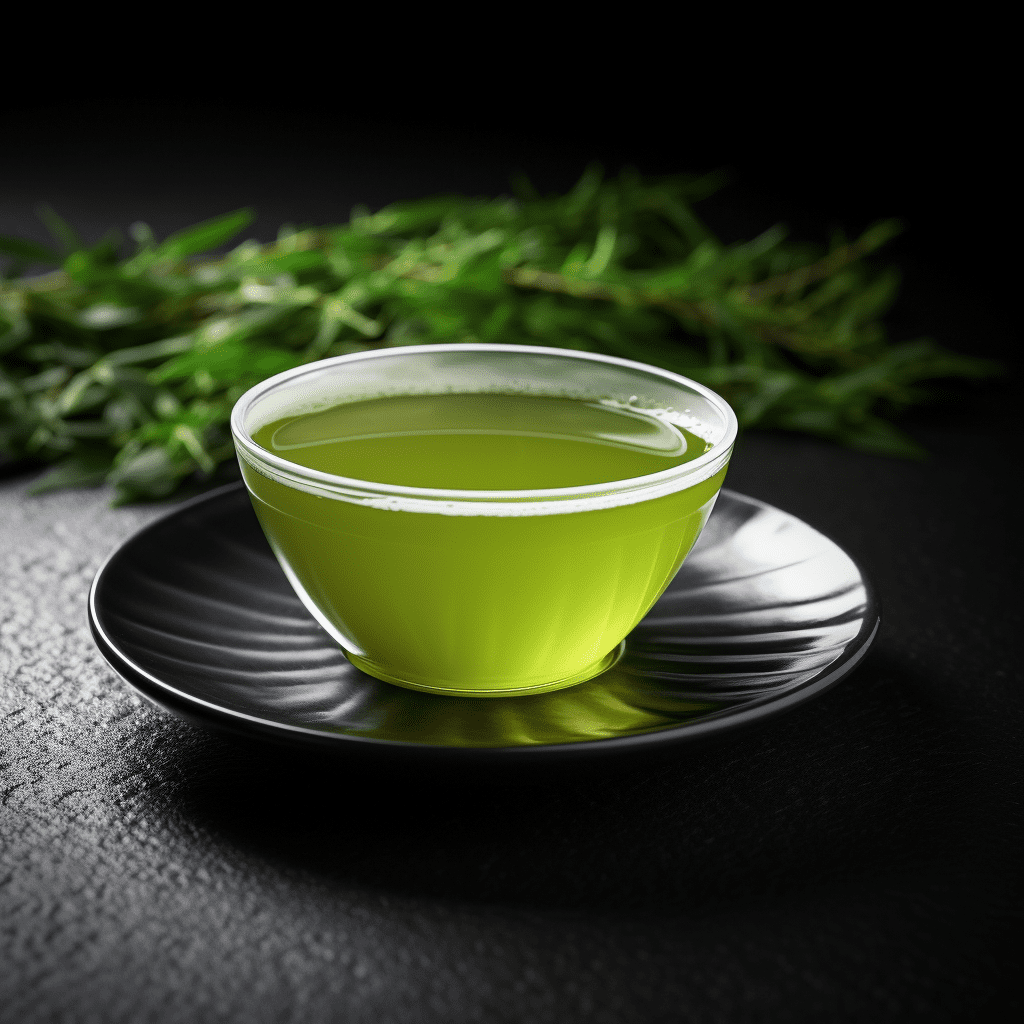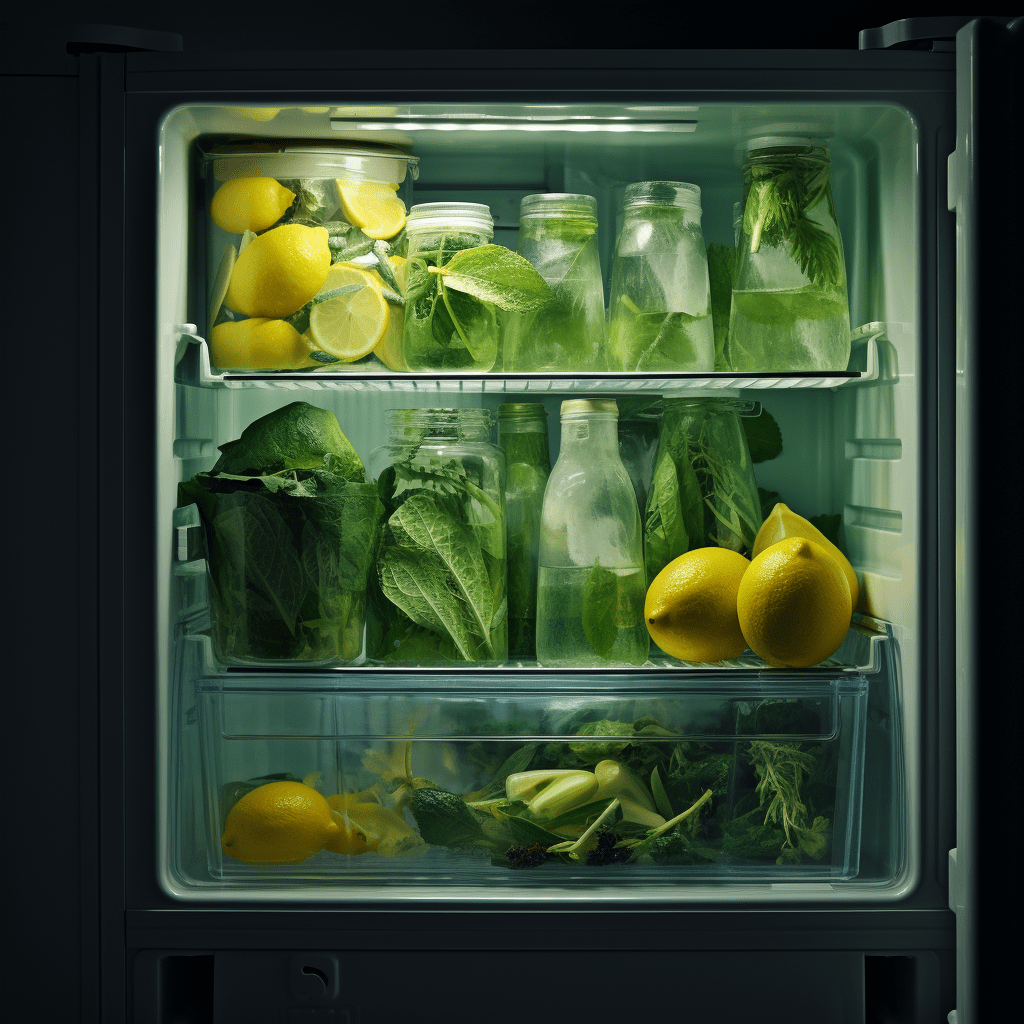How Much Caffeine in Decaffeinated Green Tea
Green tea is known for its numerous health benefits, including its ability to promote relaxation and boost metabolism. However, some people may want to limit their caffeine intake due to various reasons such as sensitivity or health conditions. Decaffeinated green tea provides a viable option for those looking to enjoy the benefits of green tea without the stimulating effects of caffeine. In this article, we will explore the caffeine content in decaffeinated green tea and provide answers to some frequently asked questions.
Understanding Decaffeinated Green Tea
Decaffeinated green tea is a popular choice for individuals seeking a beverage with reduced caffeine content. But how does the decaffeination process work? Generally, green tea leaves undergo a process to remove caffeine while preserving the other beneficial compounds. There are several methods used to decaffeinate tea, including the Ethyl Acetate method and the Carbon Dioxide method. These processes help to eliminate most of the caffeine while maintaining the flavor and health-promoting properties of the tea.
Caffeine Levels in Decaffeinated Green Tea
The caffeine content of decaffeinated green tea can vary depending on the brand, preparation method, and other factors. Although the name suggests “decaffeinated,” decaf green tea is not entirely caffeine-free. According to research, the average serving of decaffeinated green tea typically contains around 2-5 milligrams of caffeine per 8-ounce cup. This amount is significantly lower than regular green tea, which contains approximately 25-45 milligrams of caffeine per cup.
Factors Influencing Caffeine Content in Decaffeinated Green Tea
Several factors can affect the caffeine levels in decaffeinated green tea. Here are a few key factors:
1. Type of Tea Leaves
The type of tea leaves used to make decaffeinated green tea can impact the caffeine content. Some varieties naturally contain lower levels of caffeine, making them a common choice for decaffeinated tea production.
2. Decaffeination Method
Different methods of decaffeination can result in varying amounts of caffeine removal. For instance, the Ethyl Acetate method tends to remove more caffeine compared to the Carbon Dioxide method.
3. Brewing Time and Water Temperature
The caffeine content can also be influenced by brewing time and water temperature. Steeping decaffeinated green tea for a longer duration or using hotter water can increase the caffeine release.
4. Serving Size
The amount of decaffeinated green tea consumed in a single serving will naturally impact the caffeine intake. Larger cup sizes or multiple servings will result in higher caffeine consumption.
Health Benefits of Decaffeinated Green Tea
Decaffeinated green tea offers several health benefits without the stimulating effects of caffeine. Some of the potential benefits include:
- Antioxidant properties: Green tea is rich in antioxidants that help protect the body from cellular damage caused by free radicals.
Heart health: Regular consumption of green tea has been associated with a reduced risk of heart disease and lower levels of cholesterol.
Weight management: Green tea can potentially help in weight management by boosting metabolism and promoting fat oxidation.
Relaxation and mental clarity: Decaffeinated green tea provides a soothing and calming effect, making it an ideal choice for those looking to unwind and improve focus.
Frequently Asked Questions
Q1: Is decaffeinated green tea completely caffeine-free?
No, decaffeinated green tea is not entirely caffeine-free. While the caffeine content is significantly reduced, there may still be trace amounts present, usually around 2-5 milligrams per 8-ounce cup.
Q2: Can decaffeinated green tea provide the same health benefits as regular green tea?
Decaffeinated green tea retains many of the beneficial compounds found in regular green tea, including antioxidants. However, some studies suggest that the caffeine in green tea plays a role in enhancing certain health benefits. Therefore, decaffeinated green tea may offer some health benefits but potentially to a lesser extent.
Q3: Are there any side effects of consuming decaffeinated green tea?
Decaffeinated green tea is generally safe for consumption. However, some people may still experience mild side effects such as digestive issues or allergic reactions. It’s always a good idea to consult with a healthcare professional if you have any concerns or pre-existing medical conditions.
Q4: How can I ensure I’m choosing a reputable brand of decaffeinated green tea?
When selecting decaffeinated green tea, it’s advisable to choose a trusted and reputable brand. Look for certifications or third-party testing to ensure the tea has undergone proper decaffeination processes.
Q5: Can I enjoy decaffeinated green tea throughout the day?
Due to its lower caffeine content, decaffeinated green tea can be consumed throughout the day without disrupting sleep patterns or causing jitters. However, individual sensitivity may vary, and it’s best to listen to your body’s response.
Q6: Does decaffeinated green tea taste the same as regular green tea?
Decaffeinated green tea often maintains the same or similar taste profile as regular green tea. The removal of caffeine should not significantly affect the overall flavor, allowing you to enjoy the familiar taste of green tea without the stimulating effects of caffeine.
In conclusion, decaffeinated green tea provides a viable caffeine-reduced option for green tea enthusiasts. While it is not completely caffeine-free, decaf green tea typically contains significantly less caffeine than regular green tea. By understanding the factors that influence caffeine content and considering personal preferences and health needs, individuals can make informed choices when selecting decaffeinated green tea. Enjoy the benefits of green tea without worrying about excessive caffeine intake!



